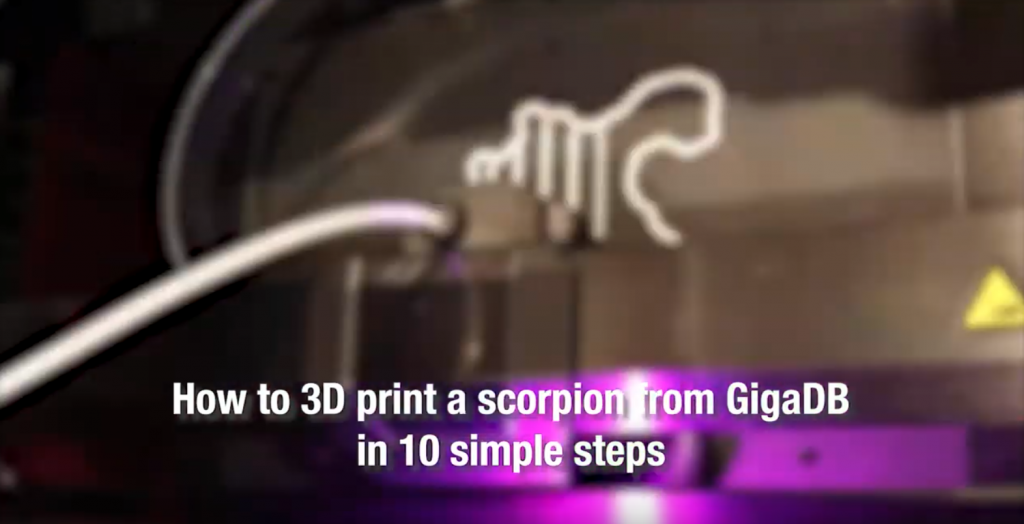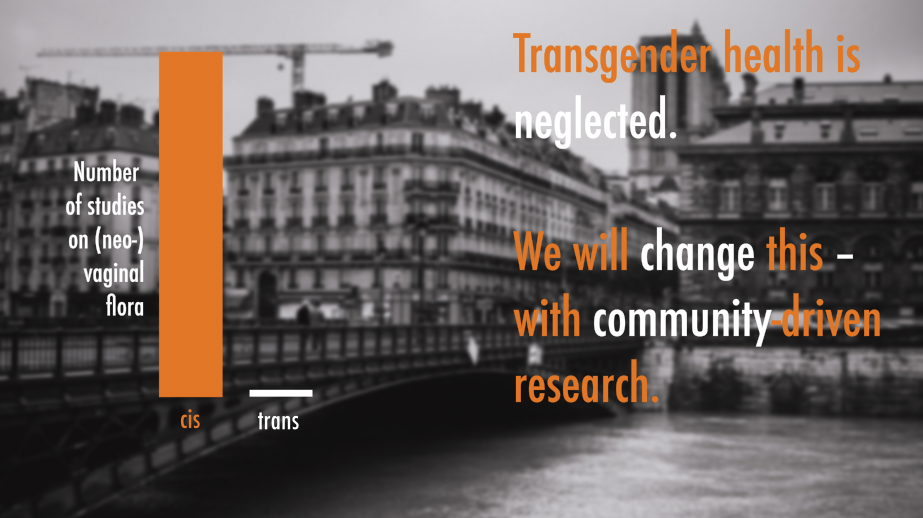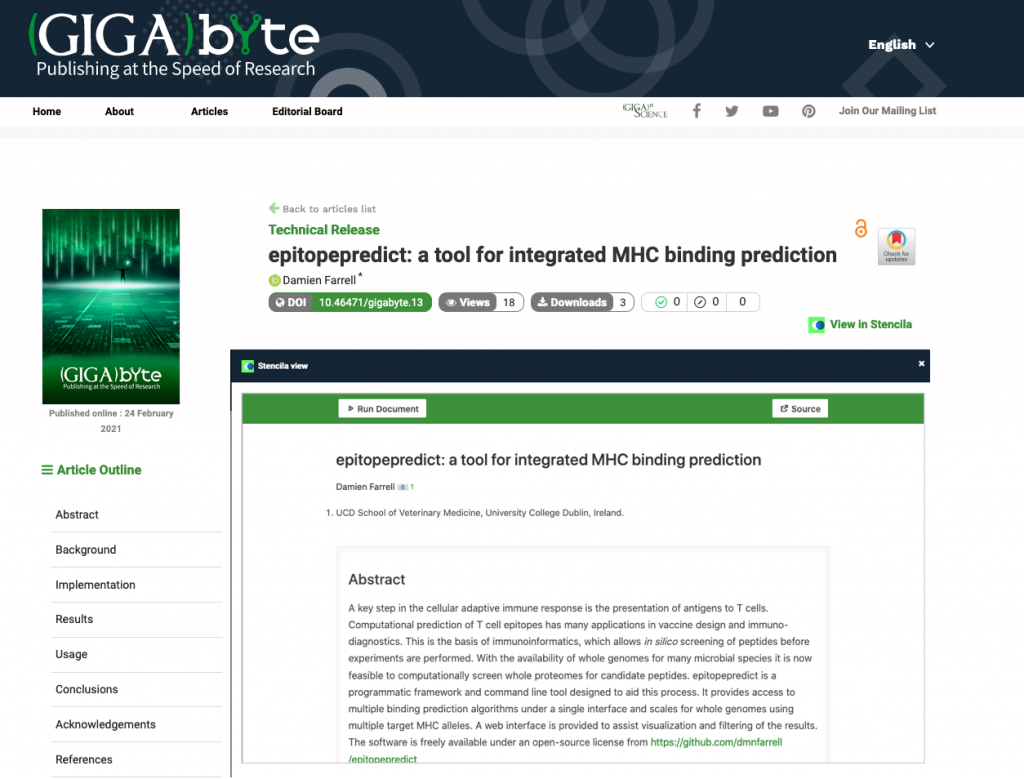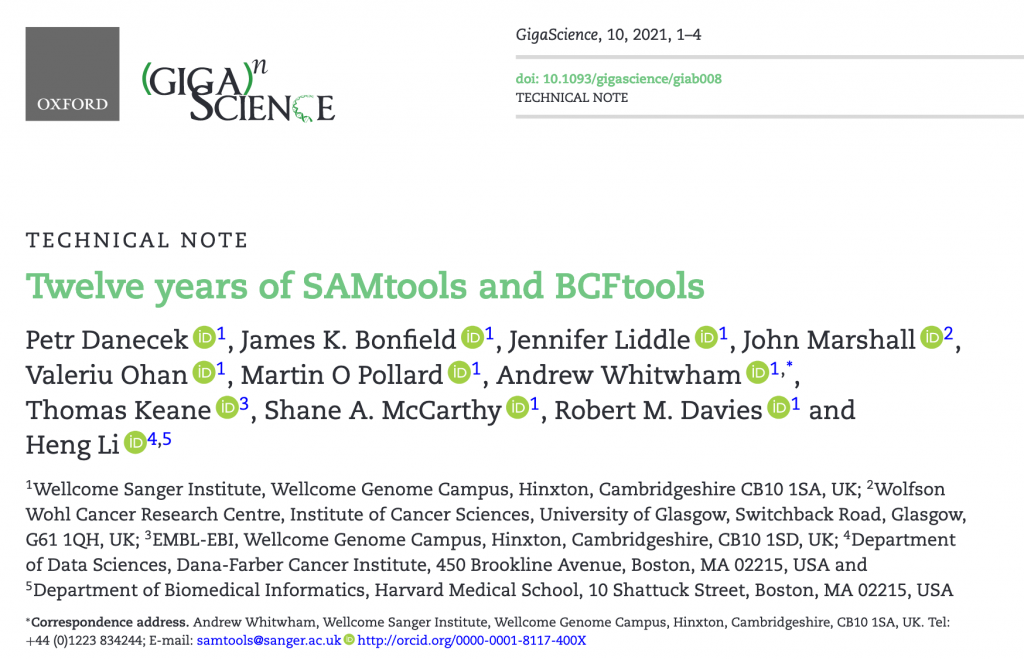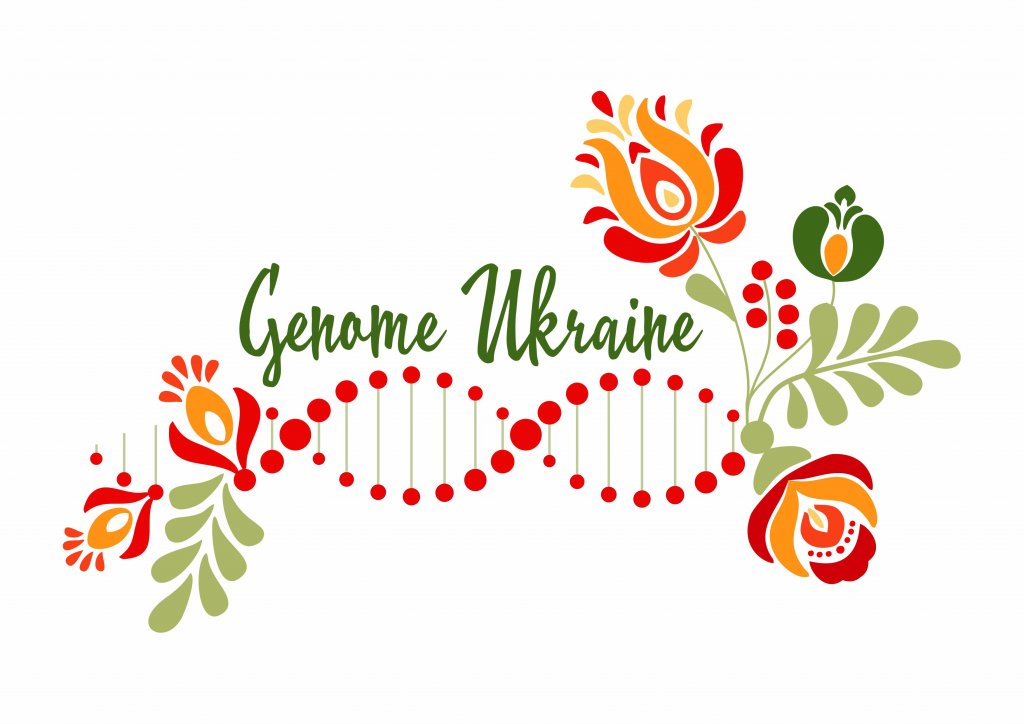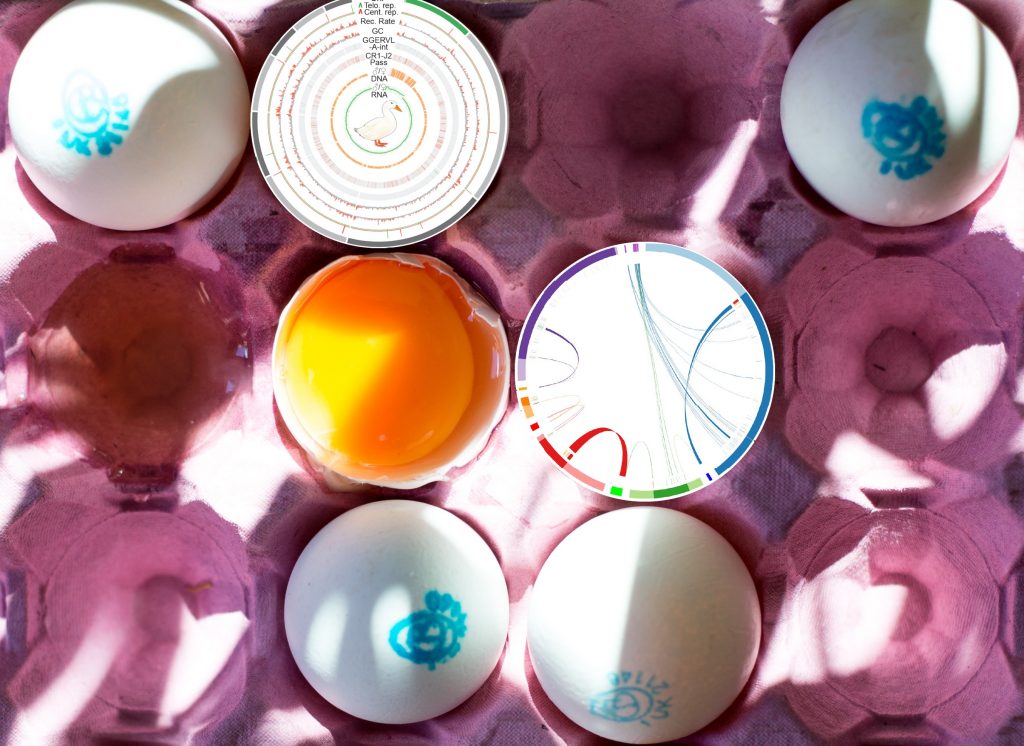
This week in GigaScience we published research revealing a previously hidden diversity of symbiotic bacteria from the genus Rickettsia , spanning a wide range of arthropod hosts. Using accidentally amplified sequence data from a barcoding database as a starting point, the results will help to better understand the co-evolution of these intimate symbioses.

